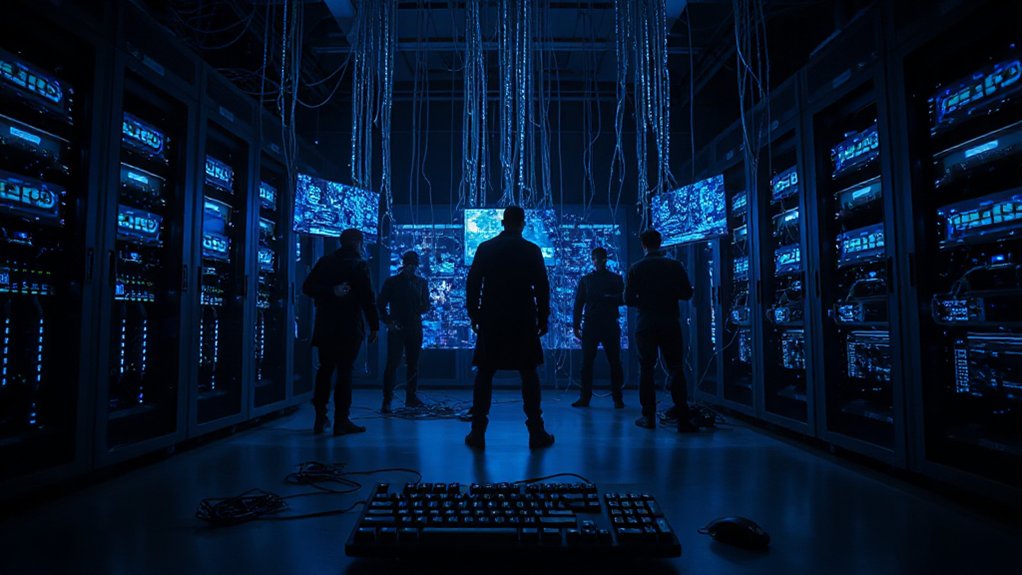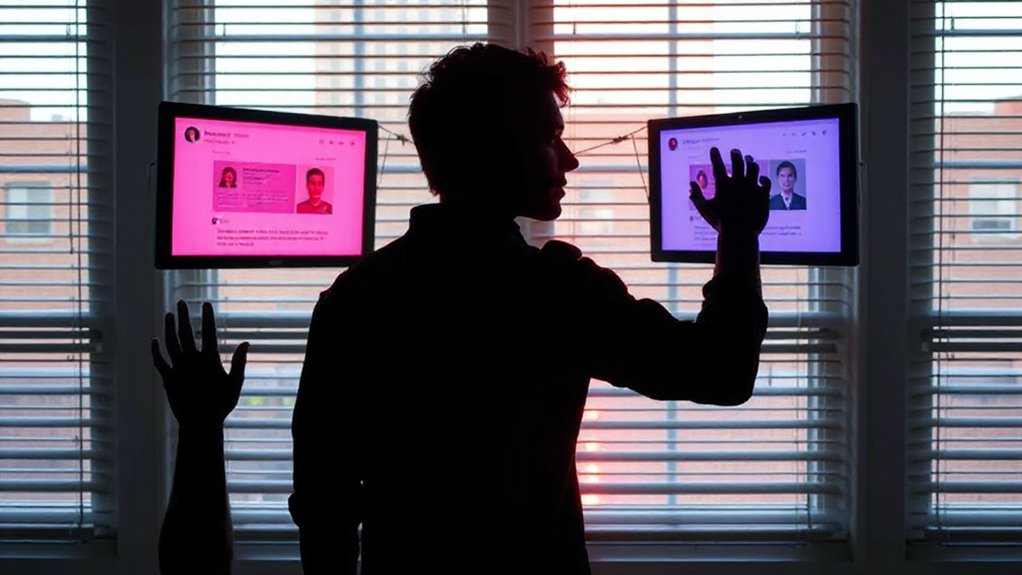As artificial intelligence reshapes the job market, Gen Z workers are feeling the squeeze more than their older counterparts. Recent data shows employment for workers aged 22-25 in AI-exposed roles has declined by 6% from late 2022 to mid-2025, while older workers in the same positions saw growth of 6-9%.
Entry-level job postings have plummeted by 29 percentage points since January 2024. Tech companies have cut hiring by about 30% in early 2025 while simultaneously investing heavily in AI technologies. This shift is creating a troubling trend for young people trying to enter the workforce.
The statistics paint a clear picture: only 8% of hiring managers consider Gen Z prepared for workplace demands. Many entry-level positions are becoming obsolete as AI automates tasks once assigned to junior workers. Tech hiring for beginners dropped 25% in 2024 alone. Less than 24% of Gen Z themselves believe their generation is workforce ready.
The workplace revolution leaves Gen Z behind as AI consumes entry-level jobs at an alarming rate.
Jobs less affected by AI, such as nursing aides, continue to show stable employment across age groups. However, in AI-exposed roles like software development and customer service, younger workers are being left behind.
Despite these challenges, Gen Z is adapting. They’re the generation most likely to use AI tools, with 55% using them to problem-solve at work and 75% using AI to learn new skills. Yet a skills gap persists, with men more likely than women to receive AI training. Goldman Sachs research indicates these adaptation challenges are part of a larger trend with 300 million jobs potentially eliminated by AI by 2030.
Workers with AI skills now earn a 56% wage premium compared to peers without those skills, up from 25% last year. Meanwhile, job requirements in AI-exposed fields are evolving 66% faster than in other areas.
Gen Z’s job tenure averages just 1.1 years, with one-third planning to change jobs within a year due to lack of progression. The unemployment rate for those aged 22-27 sits at 7% as of mid-2025. Junior roles across multiple industries have been hit hard, with logistics declining by 25% and finance positions dropping by 24% as companies implement AI solutions.
As companies reimagine career paths in the age of AI, young workers face unprecedented hurdles to establishing themselves in the changing economy.
References
- https://digitaleconomy.stanford.edu/wp-content/uploads/2025/08/Canaries_BrynjolfssonChandarChen.pdf
- https://www.randstad.com/press/2025/genz-workplace-blueprint/
- https://fortune.com/2025/10/07/hiring-managers-gen-z-ready-for-work-careers-jobs-unemployment-ai-skills-based-us-college-degree-crisis/
- https://blog.theinterviewguys.com/the-state-of-ai-in-the-workplace-in-2025/
- https://stackoverflow.blog/2025/09/10/ai-vs-gen-z/
- https://www.weforum.org/stories/2025/09/gen-z-are-competitive-job-market-randstad/
- https://fortune.com/2025/10/02/gen-z-unemployment-ai-yale-study-hiring-nightmare-calm-down/
- https://careeraheadonline.com/ais-rising-dominance-threatens-job-opportunities-for-gen-z/
- https://www.deloitte.com/global/en/issues/work/genz-millennial-survey.html









